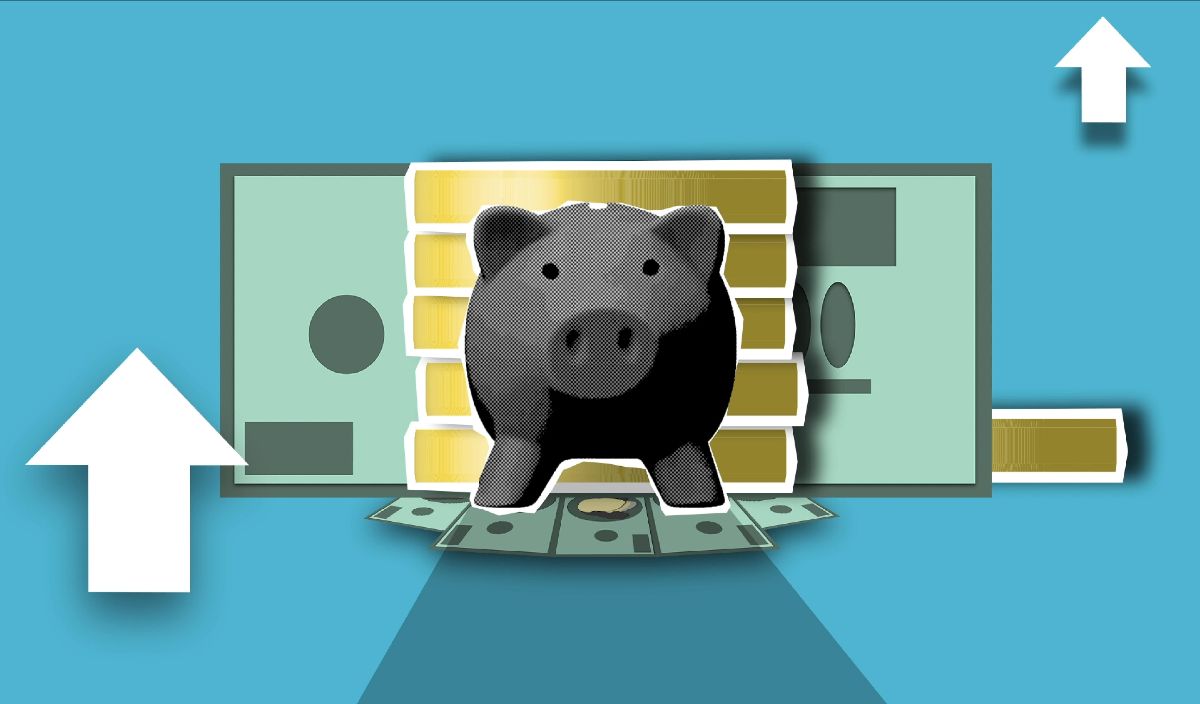Learn how a 1031 exchange can help you save money on taxes when selling your property.


As your dedicated real estate agent, it is my priority to provide you with insightful information that can aid you in making informed decisions about your property. With that in mind, I would like to discuss some essential details about 1031 exchanges and the important factors you should keep in mind to ensure a smooth and trouble-free process.

A Short Into to 1031 Exchanges
So, what exactly is a 1031 exchange? A 1031 exchange, also referred to as a “Like-Kind” exchange, is a provision in the U.S. tax code that allows investors to defer paying capital gains taxes on the sale of certain types of property by reinvesting the proceeds into a similar property. This can be a powerful tool for property owners who want to sell their property and reinvest the proceeds into another property while deferring taxes.


Here are Some of the Pros and Cons of a 1031 Exchange:
Pros:
- Defer paying capital gains taxes on the sale of your property.
- Allows you to reinvest your profits into a similar property, potentially increasing your returns.
- Could be used for both residential and commercial properties.
Cons:
- Requires strict adherence to IRS regulations, which can be complicated.
- The property being sold and the new property must meet certain requirements to qualify for the exchange.
- If you sell the property without a 1031 exchange, you will have to pay capital gains taxes on the profit.


Why Consider a 1031 Exchange?
A 1031 exchange is a powerful tool for property owners who want to sell their property and reinvest the proceeds into another property while avoiding taxes on the same of the property. This is because a 1031 exchange allows investors to defer paying capital gains taxes on the sale of certain types of property, potentially increasing their returns by reinvesting their profits into a similar property. However, the process can be complicated and requires strict adherence to IRS regulations. Every persons circumstances are unique, and while a 1031 exchange may work for some, there will be cases where it is not possible or the best move. For example, some property owners may choose not to do a 1031 exchange if they prefer to pay the taxes on their profits, are planning to sell at a loss, or if they are not planning to reinvest the proceeds into another property.

A Final Word to the Wise
You should always be wary of improper use of 1031 exchanges. Some may promote exchanging nonqualifying vacation or second homes and refer to it as “tax-free” instead of “tax-deferred,” which can be misleading. It is important to remember that gain is deferred, but not forgiven, in a like-kind exchange. Some may also advise claiming an exchange even if cash proceeds were taken, which is not allowed by the IRS. There are specific also other specific requirements to benefit from a 1031 exchange. This is why it is so important to work with reputable real estate agent and tax professionals who can guide you through the process and ensure compliance with regulations.

If you’re thinking about a 1031 exchange, working with a skilled real estate agent is the key to a successful and stress-free process. I’m happy to be your guide and ensure that you meet all the necessary requirements. Contact me with any questions or to discuss your options further. I’m always here to help you make the best decision for your property.




